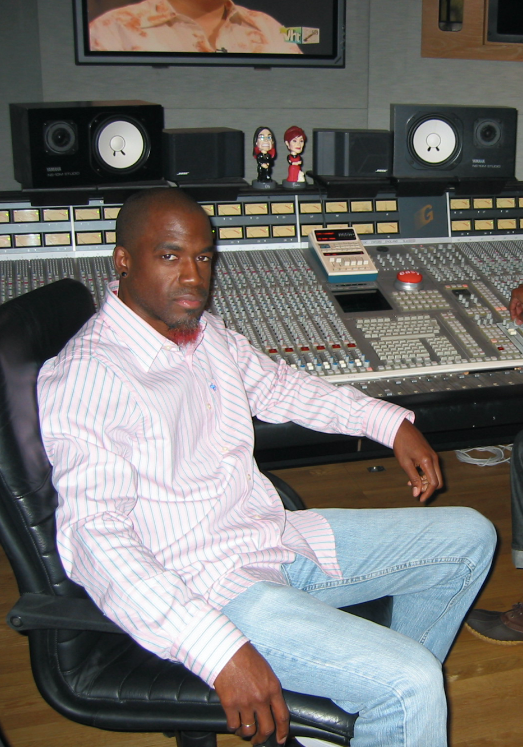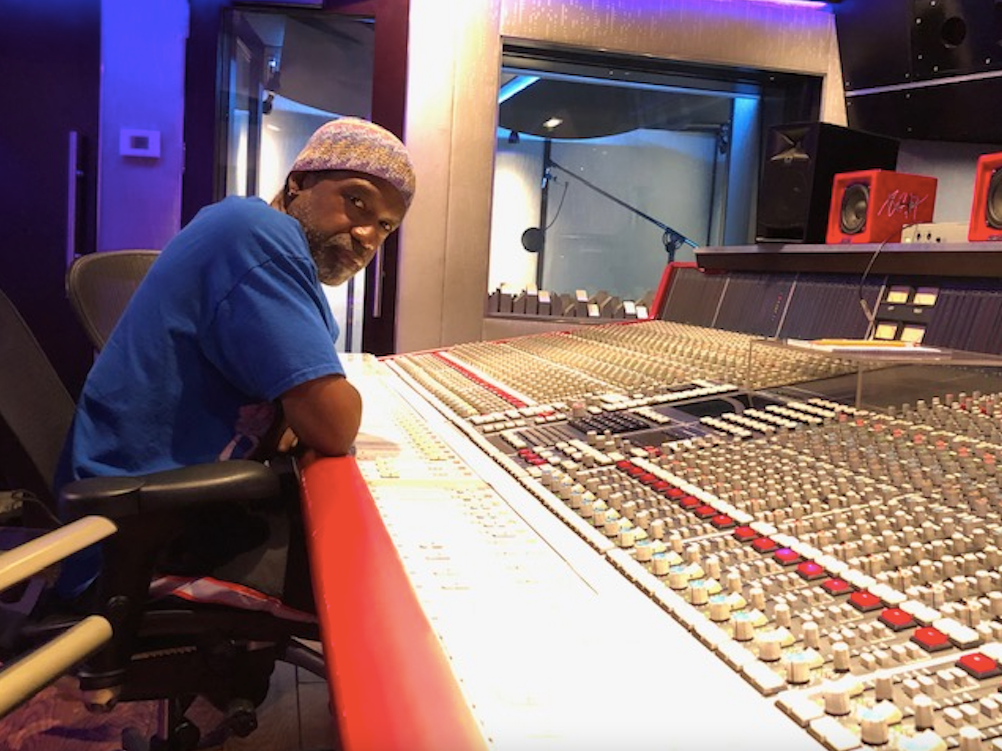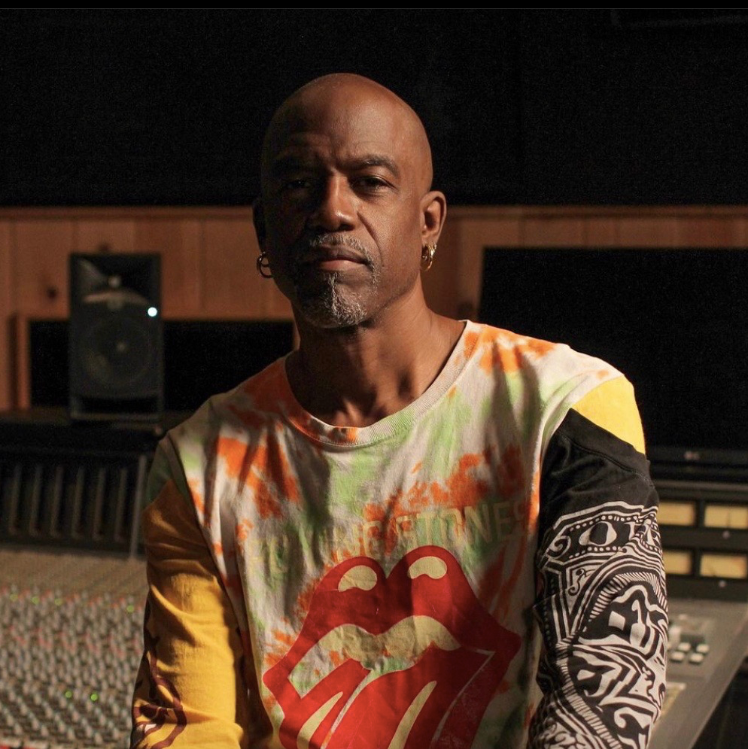You might not know his name, but you’ll definitely know his music. Hailing from New Jersey, Neal H Pogue is an American producer, audio engineer and mixer who has worked with Outkast, TLC, Stevie Wonder, Common, P!nk, Nelly Furtado, Lil Wayne, Janelle Monae, and Earth, Wind & Fire. The multiple Grammy Award-winner reflects on mixing mega hits Hey Ya! by Outkast and Waterfalls by TLC, and shares some production plugin tips...
You’re known for your work with Outkast, mixing many of their albums, including the Grammy Award-winning SpeakerBoxx/The Love Below. Tell us about mixing Hey Ya!, and how you convinced André 3000 to use it as the album’s lead single.
He thought that Prototype was the single, and I was like, ‘no, it's Hey Ya!, man – people are gonna go crazy over this because it's different; it's something that you don't usually do’. He looked at me and kind of laughed – I guess he thought it was just an album filler or whatever – but I hounded him for weeks to finish the song.
When he first played it for me, it was just a verse and a chorus, and I said, ‘you have to finish this’, and after a while, I used to call him and say, ‘where's my song?’ I kept calling it my song [laughs]. That was a fun period. I've always had a knack for picking singles.
That song captured everybody – it wasn't about the hip hop crowd. I thought the hip hop crowd was going to pan it, but at the same time, I knew that they were going to catch up.
Some people just want to be tough and don't let their guard down and really show themselves, and we all have that when it comes to music. I think that we're all closeted, because I was closeted for a long time loving Abba. I'm a huge Abba fan! I'm a huge Carpenters fan! But that type of music is ‘soft’ and some people would never play in front of their friends.
I was sure that [the hip hop crowd] were going to pan Hey Ya!, but would be playing it in private and dancing to it in their bedrooms, so that never bothered me. I knew that people were gonna love it – it's just one of those things that just captures you. It's like a guilty pleasure, and it's not even guilty either. It's just something that you can't shake.






